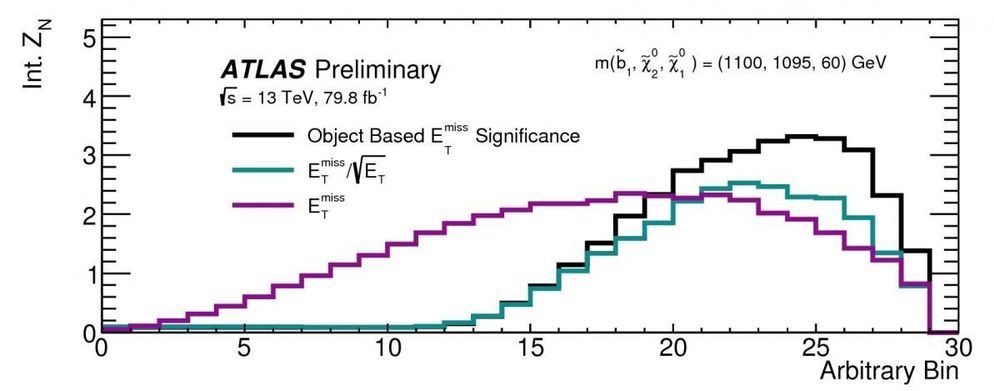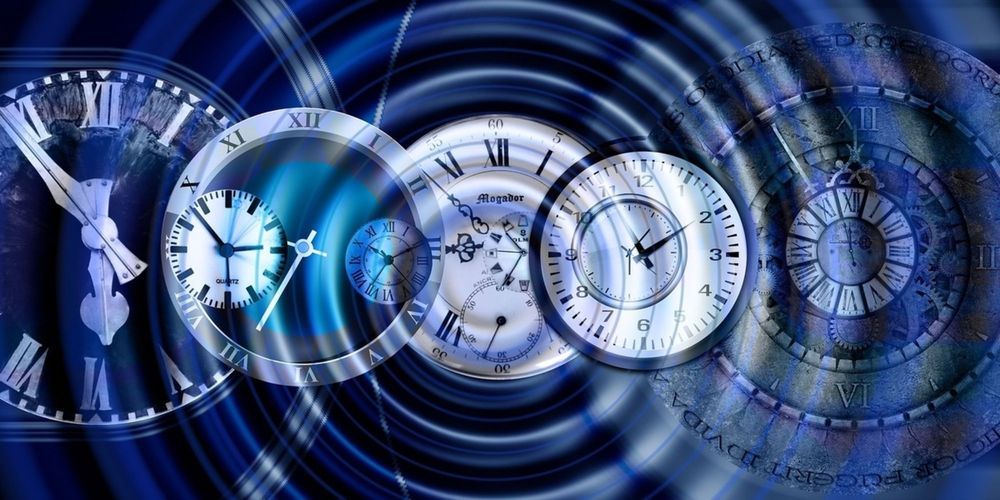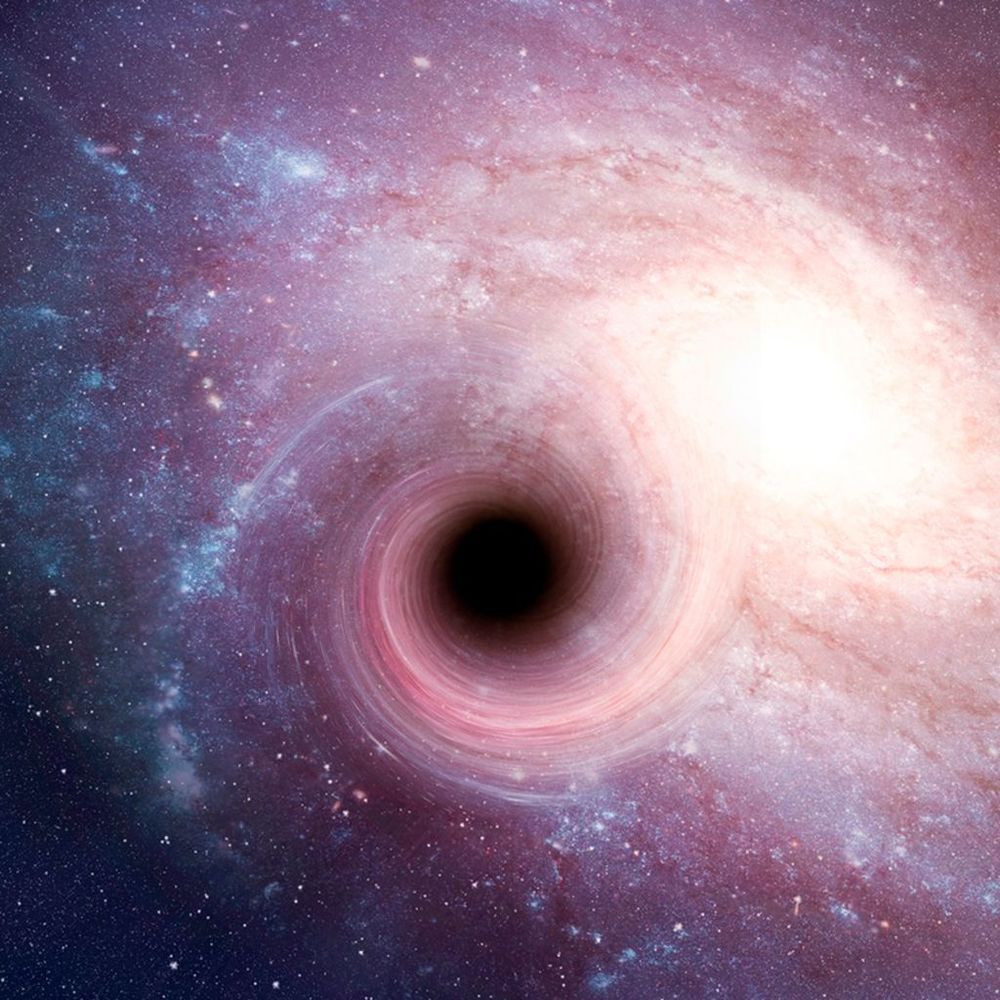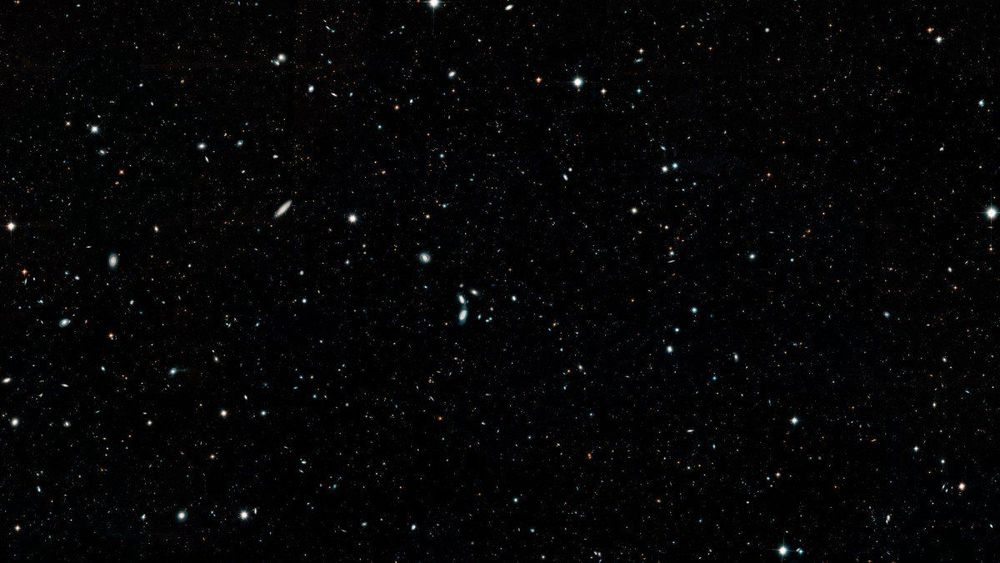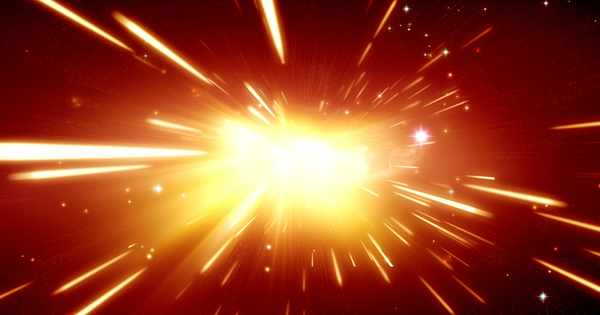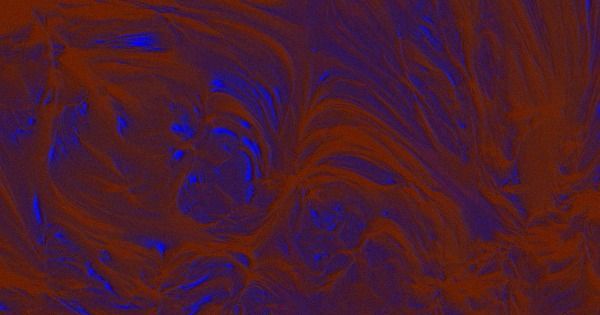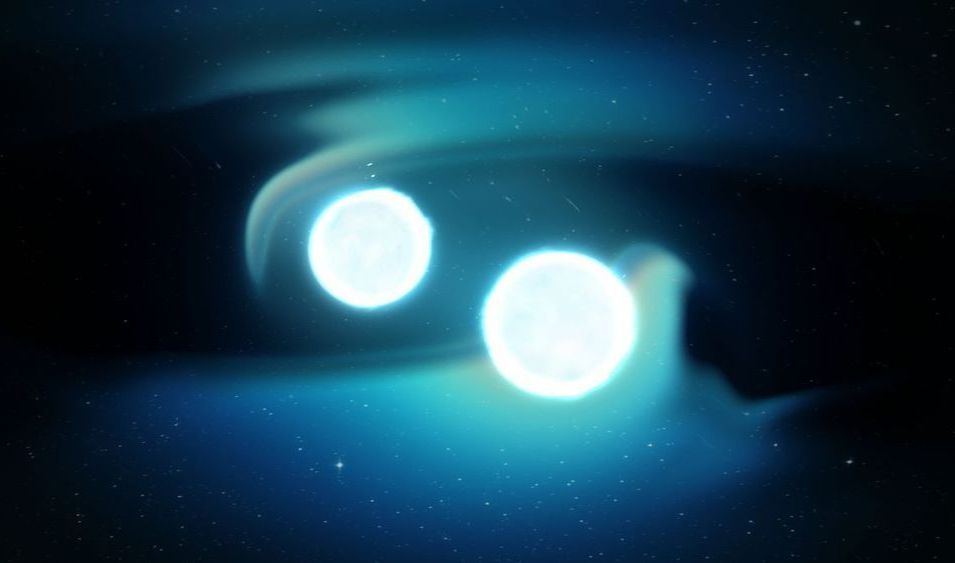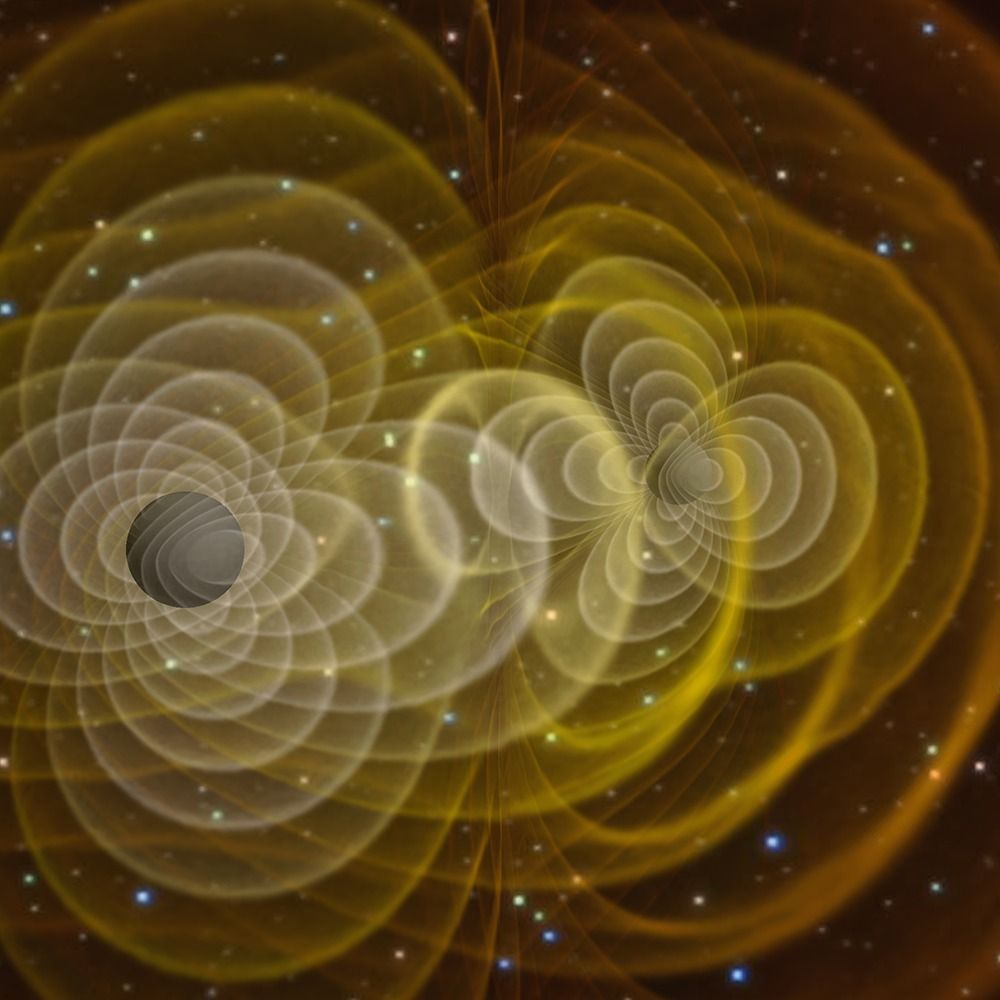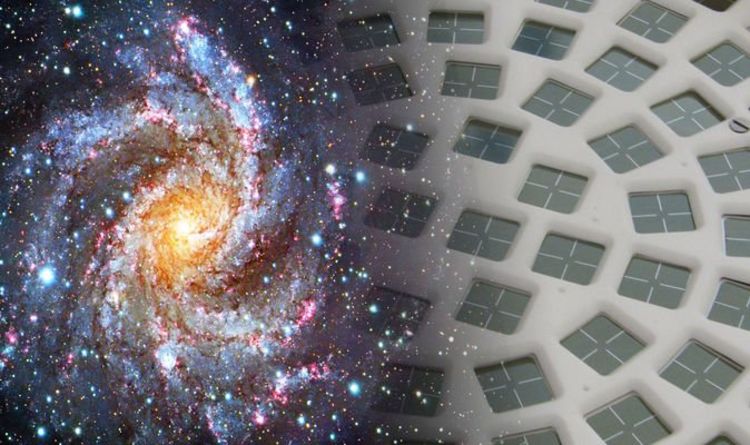Dark matter is an unknown type of matter present in the universe that could be of particle origin. One of the most complete theoretical frameworks that includes a dark matter candidate is supersymmetry. Many supersymmetric models predict the existence of a new stable, invisible particle called the lightest supersymmetric particle (LSP), which has the right properties to be a dark matter particle.
The ATLAS Collaboration at CERN has recently reported two new results on searches for an LSP that exploited the experiment’s full Run 2 data sample taken at 13 TeV proton-proton collision energy. The analyses looked for the pair production of two heavy supersymmetric particles, each of which decays to observable Standard Model particles and an LSP in the detector.
